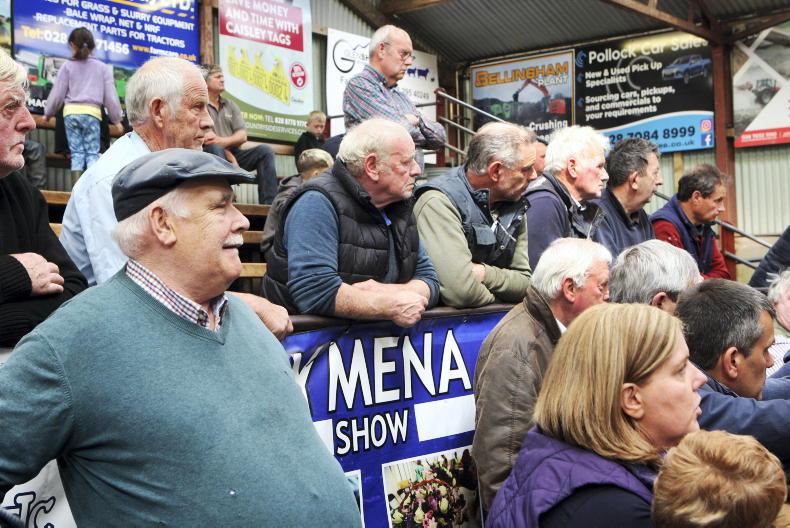£600,000 to develop solutions for slurry
Six NI companies have been awarded £100,000 each from DAERA’s Green Growth Fund and the Department for the Economy’s Small Business Research Initiative to develop practical and environmentally friendly solutions for livestock slurry.
The projects are mainly focused on separating slurry while minimising nitrogen and methane losses, to produce feedstock that can be used to generate biogas or biomethane via anaerobic digestion. Nutrients remaining post energy production will be processed to provide a replacement for artificial fertiliser. The projects began in February 2023 and are due to be completed by July 2023.
Live export bill dropped
A Kept Animals Bill, first introduced to parliament at Westminster in June 2021, has been dropped by the UK government. Making the announcement, Defra Farm Minister Mark Spencer blamed Labour opponents for “considerable scope-creep” which risked the legislation having powers well beyond what was originally intended.
The bill included a ban on the live export of animals from Britain for fattening and slaughter, and measures to tackle livestock worrying in England and Wales, with police given increased powers to seize dogs.
Despite the bill being dropped, Minister Spencer told MPs measures within the proposed legislation will now be taken forward individually. “There have been no live exports from GB since 2020, but our legislation will ensure this becomes permanent, and we remain committed to delivering it,” he said.
Low BSE status
The UK will soon be in a position to apply for BSE Negligible Risk (NR) status from the World Organisation for Animal Health following a change in the rules which now require eight years instead of 11 years without a new case. A statement from the British Meat Processors’ Association (BMPA) said the new lowest risk status will be valid from 2024, and could unlock additional revenue for the industry of over £10m per year. NI has had NR status for BSE since May 2017.
